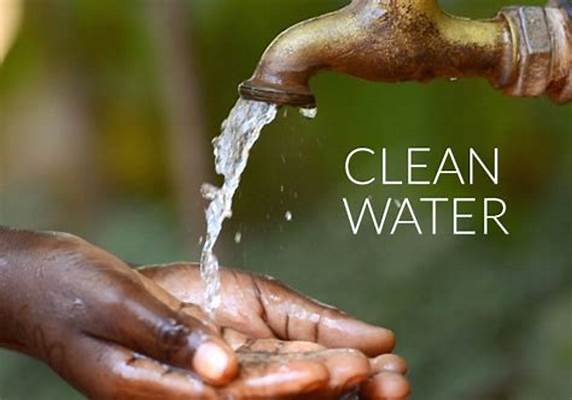
Addressing Waterborne Diseases through Wastewater Treatment
Introduction
Addressing waterborne diseases through wastewater treatment is crucial for improving public health and environmental sustainability. Effective wastewater treatment prevents the transmission of waterborne diseases, leading to healthier communities and a cleaner environment.
Historical Background
Wastewater treatment has a rich historical background in relation to addressing waterborne diseases. Milestones and breakthroughs in the field have contributed to the development of effective treatment processes that have revolutionized public health standards.
Key Concepts and Definitions
To fully understand the significance of wastewater treatment in combating waterborne diseases, it is crucial to define waterborne diseases and their transmission routes. Additionally, concepts such as primary treatment, secondary treatment, and disinfection need clarification to comprehend the role of wastewater treatment in removing pathogens and pollutants from water.
Main Discussion Points
Importance of Proper Wastewater Treatment
The presence of untreated or improperly treated wastewater poses severe health risks. Diseases such as cholera, typhoid fever, and diarrhea can spread rapidly through contaminated water sources. Effective wastewater treatment plays a vital role in breaking the transmission cycle of waterborne diseases, safeguarding public health, and preventing outbreaks.
Wastewater Treatment Technologies and Processes
Various wastewater treatment technologies exist, each with different levels of effectiveness in removing pathogens. These technologies include biological treatment, membrane filtration, and advanced oxidation processes. Primary treatment involves the removal of large solids, while secondary treatment focuses on the reduction of organic matter. Disinfection eliminates remaining pathogens to ensure the water is safe for reuse or discharge.
Benefits of Addressing Waterborne Diseases Through Wastewater Treatment
Proper wastewater treatment has a positive impact on both public health and the environment. By removing pathogens and pollutants, the risk of waterborne diseases is significantly reduced. Furthermore, wastewater treatment offers the potential for water reuse and resource recovery, conserving freshwater resources and promoting sustainability.
Case Studies or Examples
Real-world examples of successful wastewater treatment projects demonstrate the tangible impact they have had on reducing waterborne diseases. These case studies provide valuable insights into the challenges faced and the lessons learned, aiding in the continuous improvement of wastewater treatment systems.
Current Trends or Developments
Advancements in wastewater treatment technologies, such as advanced disinfection methods and resource recovery techniques, are shaping the field. Emerging research findings are shedding light on the effectiveness of wastewater treatment in addressing specific waterborne diseases, further enhancing treatment processes and outcomes.
Challenges or Controversies
Implementing effective wastewater treatment systems can be challenging due to limitations in infrastructure and funding constraints. Furthermore, controversies and differing viewpoints surrounding the prioritization and allocation of resources for wastewater treatment may impact the progress in addressing waterborne diseases.
Future Outlook
Looking ahead, addressing waterborne diseases through wastewater treatment becomes increasingly crucial. Factors such as population growth, climate change, and technological advancements necessitate continuous research and innovation in wastewater treatment to ensure the health and well-being of future generations.
Conclusion
Proper wastewater treatment is essential for combating waterborne diseases and achieving public health and environmental sustainability. By understanding the historical background, key concepts, and benefits of wastewater treatment, we can work towards a future where waterborne diseases are significantly reduced, and resources are conserved.